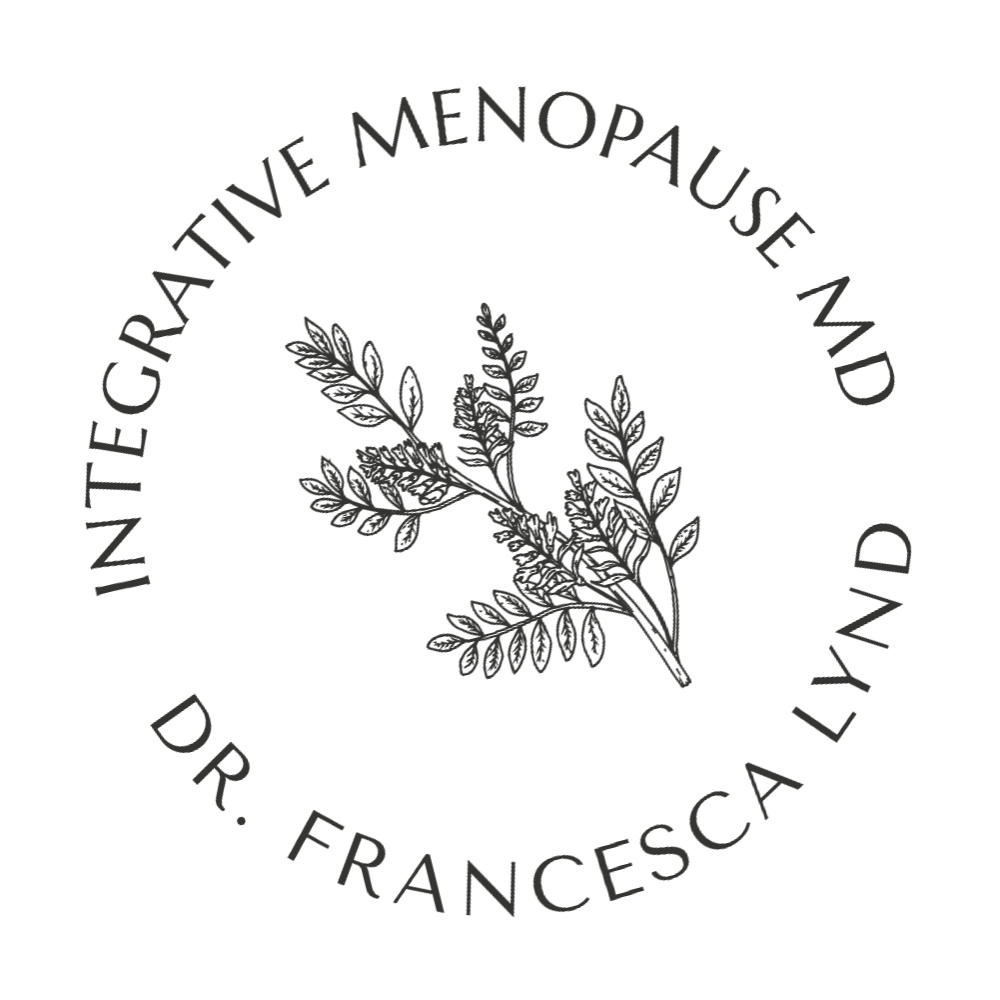Travel Menopause Smart and Beat Jet Lag: Melatonin tips for Menopausal Travelers
Aug 11, 2024
Traveling offers a thrilling adventure, from discovering new places, cultures, and cuisines to meeting fascinating new people. However, for menopausal women, the excitement of travel can be tempered by the challenges of disrupted sleep patterns and jet lag. This is where melatonin, a natural hormone, can be a game-changer in managing these sleep disturbances, particularly for women going through menopause.
Understanding Menopause and Sleep Disruptions
Menopause is a natural biological process that marks the end of a woman's menstrual cycles, typically occurring in women in their 40s or 50s. The transition to menopause can bring various symptoms, including hot flashes, night sweats, mood swings, and sleep disturbances. Hormonal changes, particularly the imbalance between and them, as well as the decline in estrogen and progesterone, often contribute to these sleep issues.
The Role of Melatonin in Sleep
Melatonin is a hormone produced by the pineal gland in the brain that helps regulate sleep-wake cycles. Its production is influenced by the light-dark cycle, increasing in the evening to signal that it's time to sleep and decreasing in the morning. For menopausal women, who may already be experiencing sleep issues, traveling across time zones can exacerbate sleep disturbances, leading to increased fatigue and irritability.
Benefits of Melatonin for Menopausal Travelers
- Regulating Sleep-Wake Cycle: Melatonin supplements can help regulate the sleep-wake cycle, making it easier to fall asleep and wake up at appropriate times, especially when crossing time zones.
- Reducing Jet Lag: Jet lag is a common issue when traveling long distances, as the body's internal clock is out of sync with the new time zone. Melatonin can help reset the body's internal clock, reducing the symptoms of jet lag such as fatigue, difficulty concentrating, and mood disturbances.
- Supporting Overall Sleep Quality: For menopausal women who already experience sleep disturbances, melatonin can improve overall sleep quality, helping them feel more rested and refreshed during their travels.
How to Use Melatonin Safely
While melatonin is generally considered safe for short term use, it's important to use it wisely, especially when traveling:
Consult a Healthcare Provider: Before starting any supplement, including melatonin, it's crucial to consult with a healthcare provider, particularly for menopausal women who may have other health considerations such as depression or autoimmune conditions and also if you are on any pharmaceuticals. Some drugs may interact with melatonin. Melatonin use should not be taken lightly. The US is one of the few countries where you can buy this supplement over the counter without a prescription. In the UK and Australia, it is indicated for those over 54 who are having difficulty sleeping by prescription. As we get older, the melatonin response to circadian timing slowly diminishes.
Timing and Dosage: The timing and dosage of melatonin are key to its effectiveness. Starting with a lower dose (such as 0.5 to 1 mg) is often recommended, as higher doses are not necessarily more effective and are more likely to cause side effects, most commonly HA’s and nausea. To find the lower dose, often you will need to look for the children’s melatonin.
- When traveling Eastward:
Take melatonin 0.5 to 1.0 milligram 30 minutes to 2 hours prior to the new bedtime. This is particularly useful if crossing five or more time zones.
- When traveling Westward:
Melatonin may be less effective. It seems to not work as well when trying to adapt to an earlier clock time. If traveling across 5 or more time zones, some suggest taking 0.5mg to 1.0 mg at the new local bedtime and continuing for 3-4 days.
Since early morning light helps to set your circadian clock, it is a good idea to get natural sunlight upon awakening in the AM no matter where you are located. This alone will help reset your normal sleep-wake rhythm. Also, plan to dim the lights and avoid your devices later in the evening in order to help your racing brain calm down for sleep. Having a nice lemon balm tea on hand is great for calming the mind on flights. A much better beverage option (the flight attendant will provide the hot water) than alcohol while traveling!
Tips for Better Sleep While Traveling
In addition to melatonin, there are several other strategies menopausal women can use to improve sleep while traveling:
- Try to go to bed and wake up at the same times each day, even while traveling.
- Use earplugs, eye masks, or white noise machines to minimize disruptions.
- Stay Hydrated: Drink plenty of water, but avoid excessive caffeine and alcohol, which can interfere with sleep. This cannot be emphasized enough: STAY HYDRATED!
- When flying, mentally switch to the new time zone the minute you step onto the plane to depart.
- Consider Magnesium Glycinate at bedtime.
- If taking progesterone as part of your hormone therapy plan, do so at the new bedtime.
- Deep breathing, meditation, prayer or gentle stretching can help relax the mind and body before bed.
Conclusion
Traveling during menopause doesn't have to be a daunting experience. With the right strategies, including the judicious use of melatonin, menopausal women can enjoy their travels and maintain good sleep hygiene. Remember, a well-rested menopausal traveler is a happy menopausal traveler!
Clearly, this post is for general information only! This is not medical advice. No physician/patient relationship is formed. Utilizing any of this information is at the reader's own risk. This content is not a substitute for personalized medical advice, diagnosis or treatment. Seek advice from your personal professional provider who knows you and your current medical needs.





